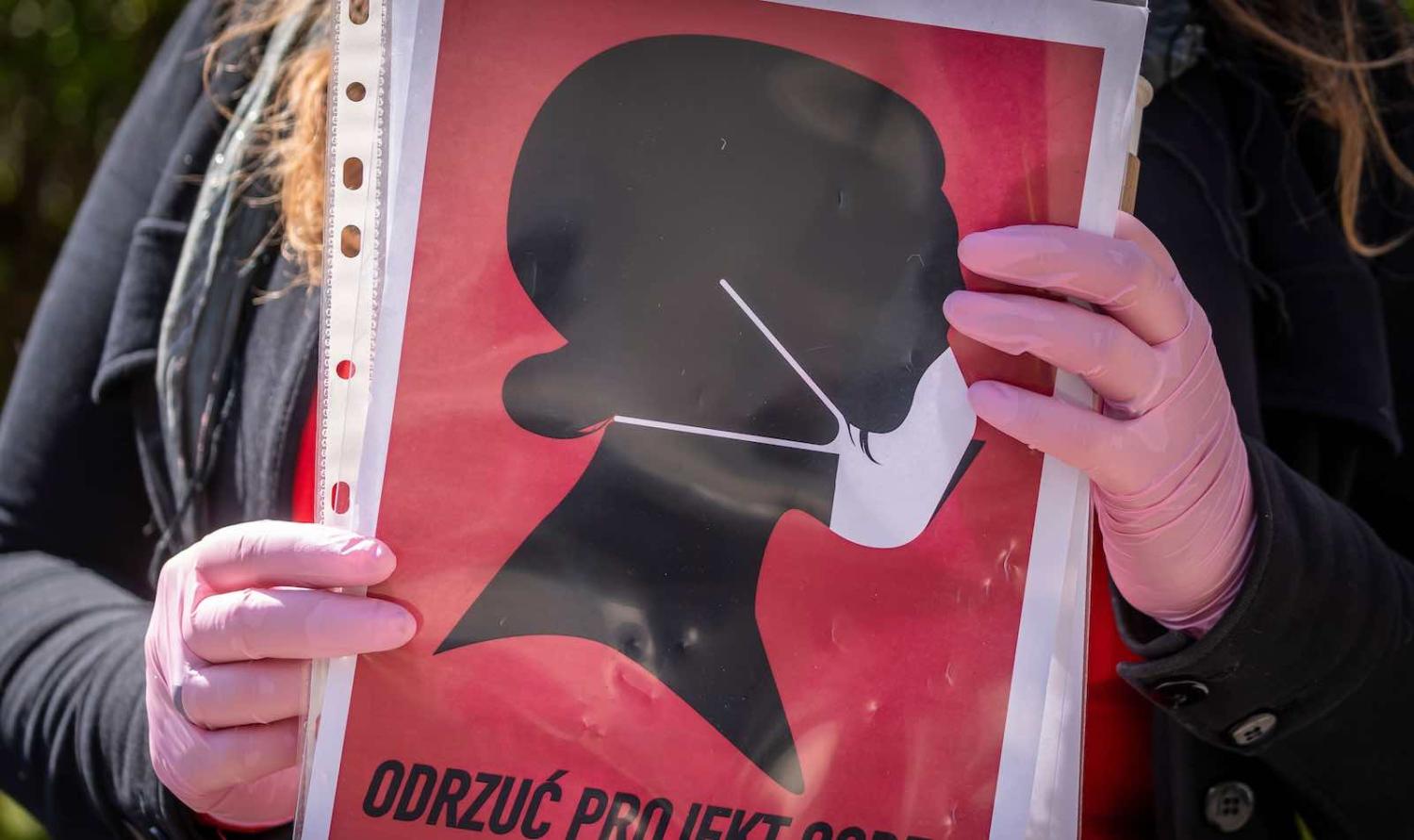Prescription limits on contraceptives, closures of specialist sexual and reproductive health clinics, halts on comprehensive sexual education, and tightened access to safe abortion. Each of these phenomena occurs in times of health crises and states of emergency, and each is happening in the world right now in response to Covid-19. What is not widely known, however, is that each is also driven by political choices made by governments.
In response to the current pandemic, the United Nations Population Fund (UNFPA) has recommended that states adopt three strategic priorities: provision of personal protective equipment (PPE) to sexual and reproductive health care workers so clinics can remain open; continuation of services for gender-based violence as a first response health measure (to supply morning-after pills and treatment of STDs); and prioritising of contraceptive and reproductive health supplies. In short, the UNFPA is asking states to help sexual and reproductive clinics remain open and ensure that they are safe, legal spaces for women to access.
The International Planned Parenthood Federation (IPPF) has conducted a survey with its national members on the impact of Covid-19. Their findings show that states are already failing to meet the UNFPA priorities. Across 64 countries, thousands of static and mobile clinics and community-based care outlets have already closed as a result of the pandemic. Shortages of contraceptive supplies, scaled-down prioritisation of HIV testing, reduced access to abortion care, and lockdown restrictions have all had a collective effect.
Governments who understand the importance of sexual and reproductive health see it more as an issue to be manipulated than an enabler of women to lead healthy lives.
Limits on sexual and reproductive healthcare during such states of emergency are often explained away as secondary concerns, non-essential and therefore easy to side-line, while health workers, resources, supply chains, and pharmacists are left to focus on the fallout. At policy level, this suggests a fundamental misunderstanding of the role of sex and reproduction in people’s everyday lives, and even less awareness of how this can change during pandemic responses.
This appears to be the case at present in the Netherlands where a single mother, who was unable to leave her house due to a Covid-19 infected child, was denied access to urgent medical abortion treatment by mail, the court ruling that she must visit a clinic. Such incidents highlight the knowledge gap between provision of services during a health emergency and their importance, value, and necessity in everyday life.
The other possible explanation for such a disconnection between policy and practice is that governments who understand the importance of sexual and reproductive health see it more as an issue to be manipulated than an enabler of women to lead healthy lives. This no-man’s land emerges when states vacillate over whether to relax access to safe abortion during health emergencies or not. In the United Kingdom, the government has recently made a number of reversals on a public health decision that eventually permitted women access to at-home medical abortion. The concern was that emergency measures would become a Trojan horse for the relaxation of wider laws once the pandemic ends.
Indeed, evidence from previous health emergencies, and early indications from the response to the Covid-19 pandemic, suggests that states are more likely to restrict rather than relax regulations around sexual and reproductive health during times of crisis. This, in turn, becomes the norm post-emergency. This is certainly the case in Poland, where the government is proposing a “Stop Abortion” law in the midst of the current state of emergency. The move has significant implications for the wellbeing of women during the pandemic, including immediate issues of unwanted pregnancy and longer term implications regarding the reversal of previous advancements made on access to sexual and reproductive health.
These examples are a potent reminder that pandemics do not pose a threat to sexual and reproductive health, rather the danger comes from governments who make decisions during these crises. As we’ve argued in a recent article in International Studies Quarterly, “as long as state monopoly over reproductive security remains unchallenged, the state continues to determine when women’s lives can and should be secured from preventable death and injury”. We need a new understanding of reproductive health that shifts the balance, which positions the issue as a security threat when access is denied, defunded and rescinded.
Pandemics have the power to undermine and invalidate advancements in access to sexual and reproductive health. States have the tools to stop it.
